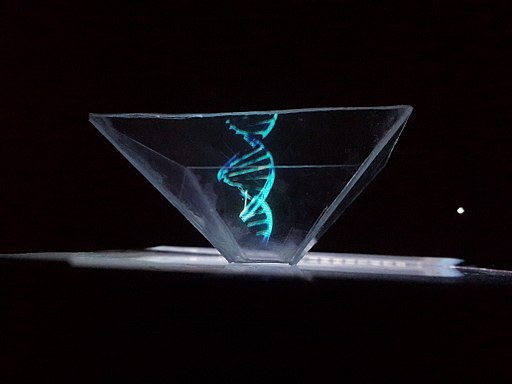CRISPR and the Ethics of Human Embryo Research
By Brendan P. Foht,
Foreign Affairs [cites CGS]
| 08. 14. 2017
What U.S. Government Policy Should Be
News that U.S. scientists led by Oregon Health and Sciences University biologist Shoukrat Mitalipov have used the gene-editing technique known as CRISPR to modify the DNA of human embryos has led to renewed debate over human genetic engineering. Although scientists in China and the United Kingdom have already used gene editing on human embryos, the announcement that the research is now being done in the United States makes a U.S. policy response all the more urgent.
The scientists created 131 embryos that carried a genetic mutation that causes hypertrophic cardiomyopathy—a condition that can lead to sudden and unexpected heart attacks but has few other symptoms—and attempted to correct the mutation in 112 of them (leaving 19 as unmodified controls). By injecting the CRISPR complex together with the sperm cells that carried the mutation, rather than injecting CRISPR into already fertilized embryos, the scientists were able to successfully correct the mutated genes in 72 percent of the embryos. Whether the embryos were successfully or unsuccessfully treated, all were destroyed after the researchers were finished with...
Related Articles
By Pete Shanks
| 02.27.2026
Last month, we published “The Shameful Legacy of Tuskegee” which focused on a proposed experiment in Guinea-Bissau. The study’s plan echoed the notorious Tuskegee disaster, withholding safe, effective vaccines against hepatitis B from some newborns while inoculating others. It was to be financed by the U.S. but performed by a controversial Danish team. That project provoked a multi-national outcry, leading to a remarkable response from the World Health Organization:
WHO has significant concerns regarding the study’s scientific...
By Jenn White, NPR | 02.26.2026
By Vittoria Vardanega, SWI swissinfo.ch | 02.13.2026
In recent years, sperm donation has produced family trees of unprecedented size, stretching across countries and, in some cases, continents. Stories of “mass donors” have captured public attention, most recently through the Netflix documentary series, The Man with 1,000 Kids...
By Kiana Jackson and Shannon Stubblefield, New Disabled South | 02.09.2026
"MC0_8230" via Wikimedia Commons licensed under CC by 2.0
This report documents a deliberate assault on disabled people in the United States. Not an accident. Not a series of bureaucratic missteps. An assault that has been coordinated across agencies...




